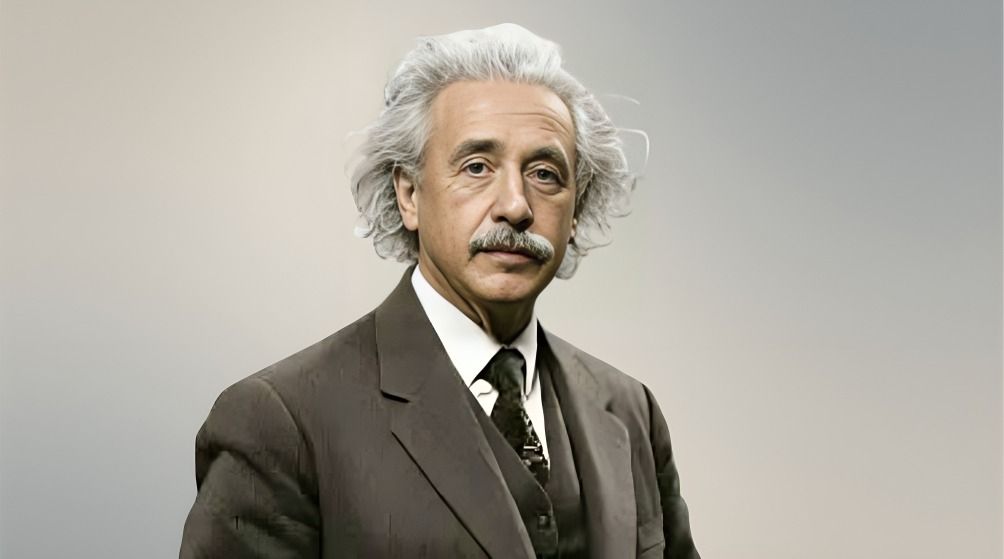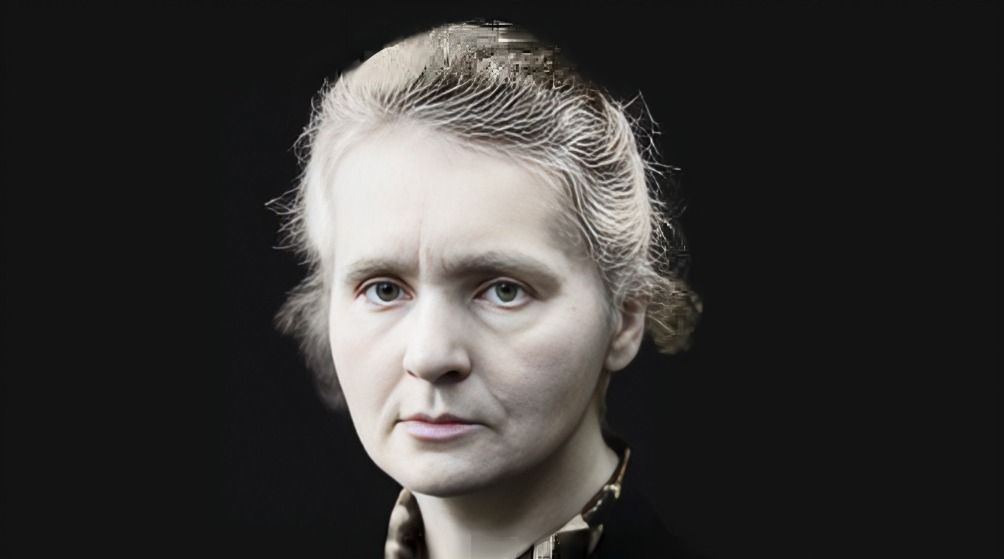
“
Pele is often considered the greatest football player of all time, a title earned through his incredible career, numerous records, and unforgettable moments. From winning three World Cups to revolutionizing the sport, Pele's impact on football is immeasurable. But behind the legend, there are many startling facts that reveal a deeper side of this iconic athlete. In this article, we’ll dive into 20 startling facts about Pele, exploring his personal life, career milestones, and contributions to football beyond the pitch. 1
1
”
Pelé, one of football's greatest players, was born on October 23, 1940, in Brazil. He grew up playing barefoot on the streets and made his professional debut for Santos FC at 15, playing for nearly 20 years. 1
Pelé is the only player in history to have won three FIFA World Cups (1958, 1962, and 1970), an unparalleled achievement that solidified his status as one of football’s greatest icons and legends. 2
Pelé scored over 1,000 goals in official competitions, with his tally standing at 1,283 goals in 1,367 matches, an extraordinary feat that showcases his consistency and goal-scoring prowess over two decades. 3
Pelé won three World Cups, two World Club Championships, and nine Sao Paulo State Championships during his illustrious career, cementing his legacy as one of football's greatest players of all time. 4
Pele’s real name is Edson Arantes do Nascimento. He was named after American inventor Thomas Edison, a tribute to the influential figure, which became part of his legendary identity in football. 5
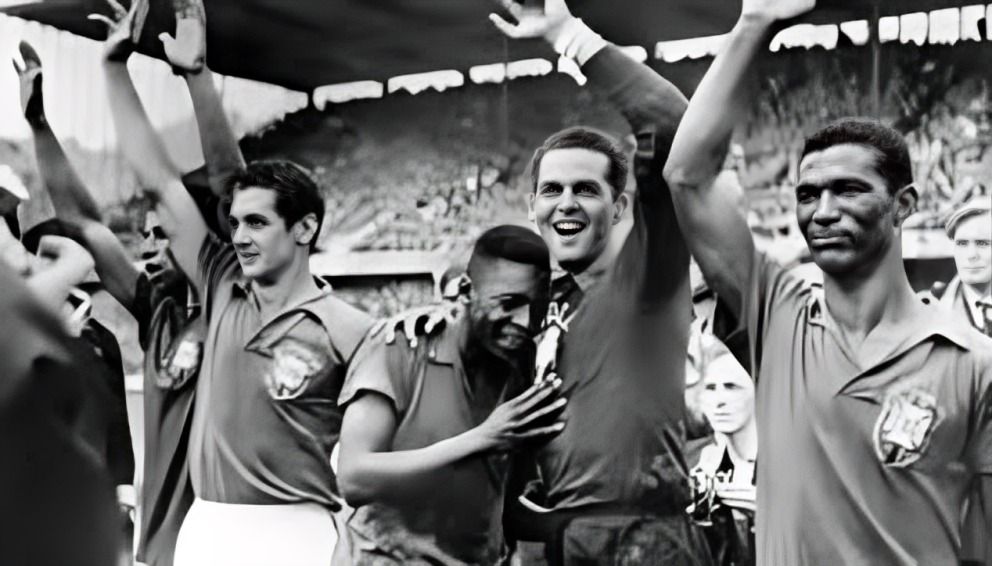
In 1958, Pelé led Brazil to its first World Cup victory, becoming the youngest player to score in a World Cup final, securing his legacy as a prodigy and the future of football worldwide.
Pelé’s legendary partnership with Garrincha in the 1962 World Cup was instrumental in Brazil’s success. Despite Pelé’s injury in the tournament, Garrincha’s brilliance alongside him ensured Brazil won the World Cup again. 6
Over his career, Pelé played for only two professional clubs: Santos FC in Brazil and the New York Cosmos in the United States, where he continued to grow football’s global appeal in the 1970s. 7
Pelé was the first footballer ever to receive an honorary knighthood from the British Crown. In 1997, he was awarded the title of Knight Commander of the Order of the British Empire (KBE). 8
Pelé's impact on football is such that even after retirement, his name remains synonymous with the sport. His career continues to inspire millions, especially young players who dream of emulating his extraordinary success. 9
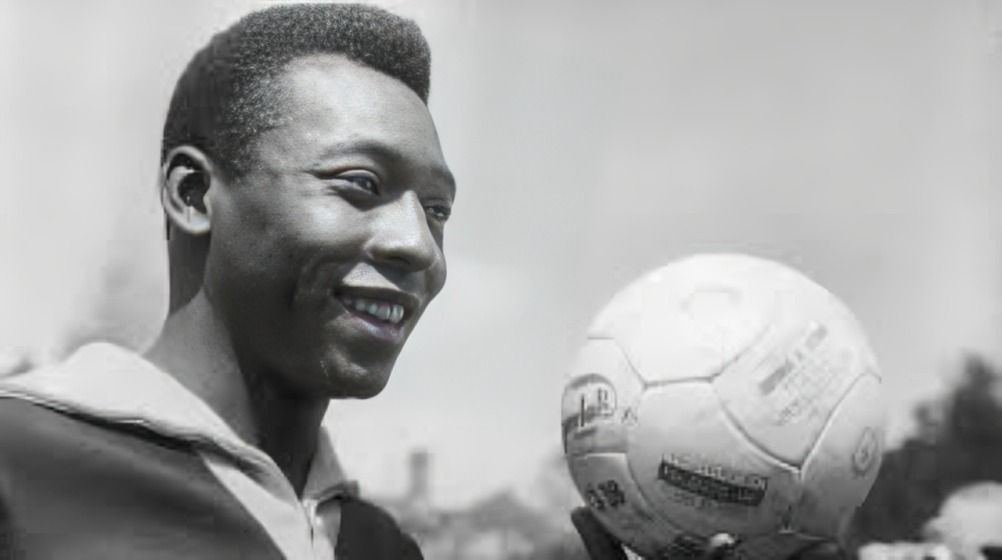
In 1961, Pelé was named South American Footballer of the Year at just 20 years old, a rare honor for a player so young, demonstrating his immense talent and potential even early in his career.
Pelé’s rivalry with Argentine legend Diego Maradona is legendary, but it was Pelé’s calm, calculated, and sportsmanlike approach to the game that earned him widespread admiration, setting him apart as a football ambassador. 10
In 1995, Brazil's president appointed Pelé as Extraordinary Minister for Sport. During his three-year term, he introduced the "Pelé Law," modernizing sports by mandating taxes for clubs and freeing young athletes from restrictive contracts. 11
In 1994, Pelé was appointed as a United Nations Goodwill Ambassador for UNICEF. He used his platform to advocate for children’s rights, protect the environment, and combat corruption in Brazil. 12
Pelé's influence reached beyond football. He played an instrumental role in the creation of the "Pelé Law" in Brazil, which changed the way players could transfer between clubs, influencing football economics worldwide. 13
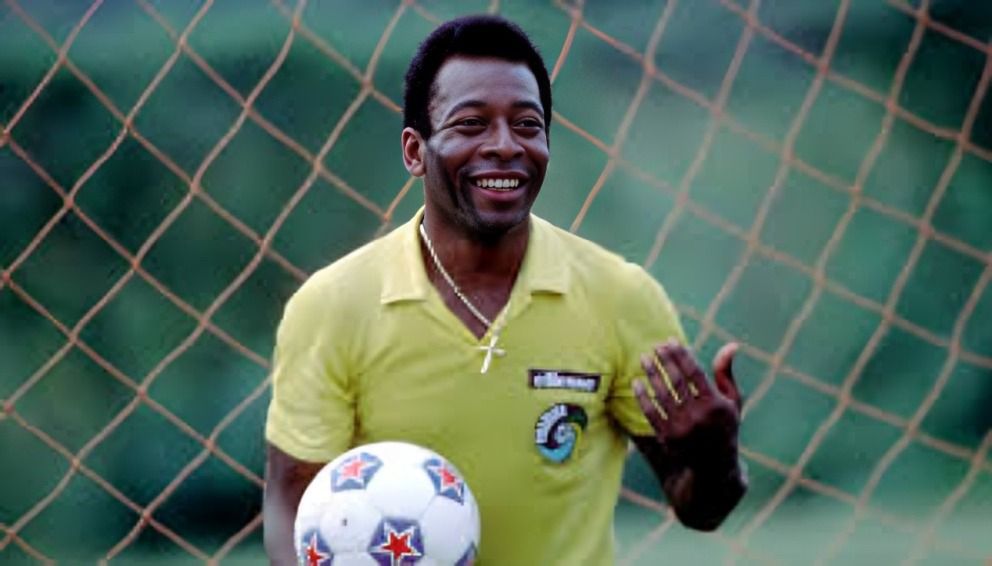
Despite his incredible achievements, Pelé never won the Ballon d'Or during his playing career, as it was reserved for European players until 1995. He received an honorary Ballon d'Or from FIFA in 2014.
Pelé scored his 1,000th career goal on November 19, 1969, in a match against Vasco da Gama. The milestone was celebrated in Brazil as a national event, solidifying Pelé as the country's footballing hero. 14
On November 19, 1969, Pelé scored his 1,000th career goal for Santos against Vasco da Gama, causing the Maracanã Stadium to erupt. The day is now celebrated as Pelé Day in Brazil. 15
Upon Pelé’s retirement, Brazilian UN Ambassador J.B. Pinheiro stated, "Pelé played football for 22 years, doing more to promote world friendship and fraternity than any other ambassador, anywhere." 16
On October 1, 1977, Pelé played his final match at Giants Stadium, with Santos facing New York Cosmos. He played the first half for Cosmos and the second half for Santos. 17

